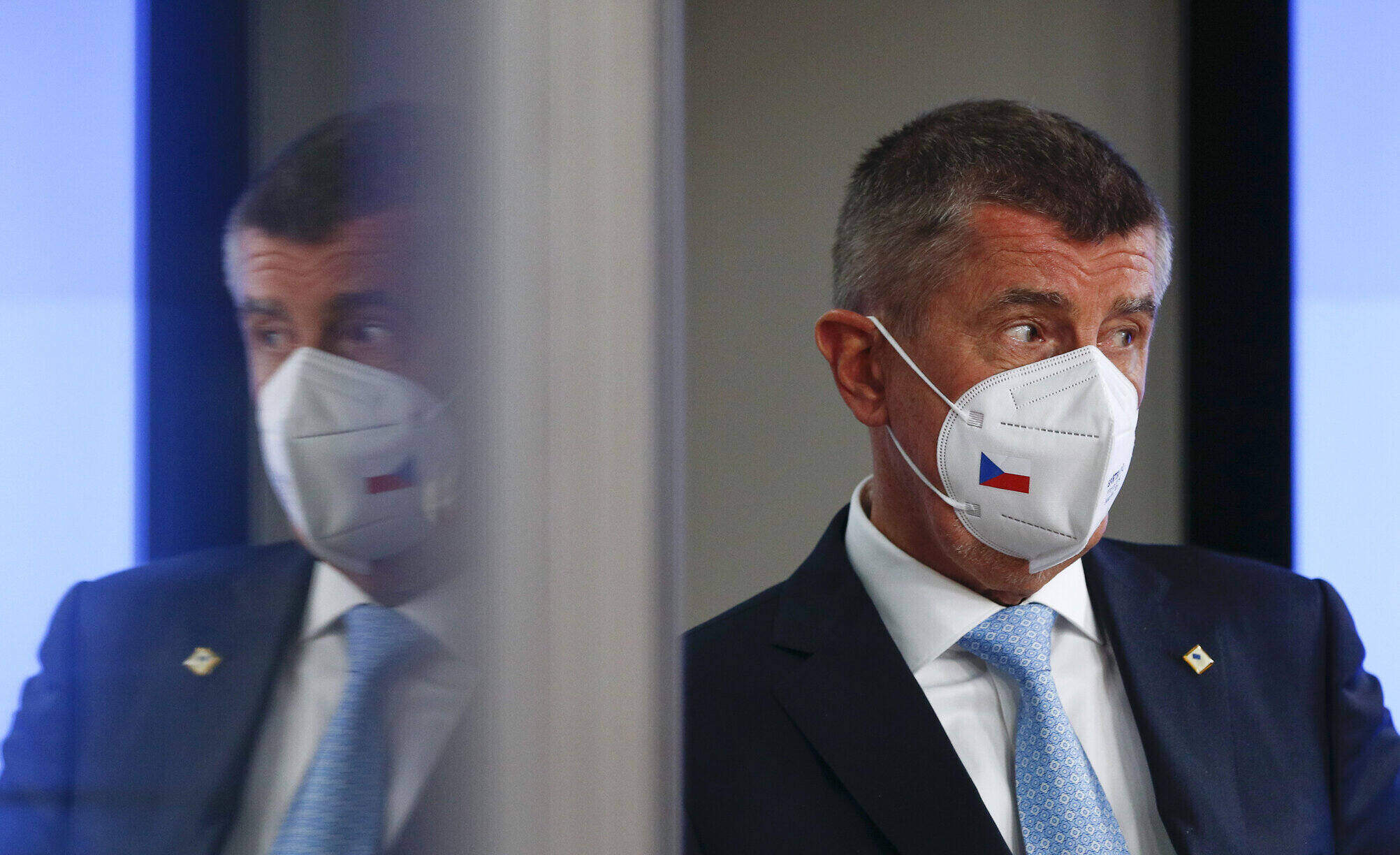The goals of the European Commission (EC) for the introduction of electromobility must be such that they do not harm the Czech industry, said Prime Minister Andrej Babiš. According to Babiš, the proposal presented by the EC on Wednesday is extremely ambitious. However, he had not yet read the proposal thoroughly. The package of climate proposals includes, for example, ending the production of petrol and diesel cars, charging for emissions from transport or heating of buildings, or increasing the share of renewable sources in energy consumption.
“We have repeatedly said that the goals must not harm our industry and specifically not harm the car industry – that we must proceed using common sense and not some ideology,” the Prime Minister said.
According to the first reports on the topic, Babiš thinks that the EC’s goal is extremely ambitious. However, he added that he is not familiar with details, and thus he is not yet able to give his comprehensive opinion on the proposal.
Today, Babiš, together with Minister of Industry and Trade Karel Havlíček, Minister of the Environment Richard Brabec, and other ministers, will discuss the climate package with EC Vice President Frans Timmermans.
Among other things, The Commission proposes that new cars in the EU should not produce any carbon dioxide emissions from 2035 onwards, which will make car production significantly more expensive and practically impossible. Brussels is also proposing a major extension of the system of emission allowances, which should also be used to pay for air pollution from road or shipping transport and heating of buildings. Industrial companies or airlines should then lose free allowances, according to the EC proposals.
The European Commission also plans to introduce a so-called carbon border levy, which should be paid by companies exporting non-eco-friendly produced products – steel, aluminum, cement, fertilizers, and electricity – to the EU. According to Czech trade unions representatives, the consequences of the proposals for the Czech Republic will be significant, and the government should analyze what costs they will bring and how to finance them.
Title image: In this file photo dated Tuesday, May 25, 2021, Czech Republic’s Prime Minister Andrej Babis after an EU summit in Brussels. Czech police recommended again on Monday May 31, 2021, the indictment of Prime Minister Andrej Babis over alleged fraud involving European Union subsidies. (Johanna Geron, Pool FILE via AP)





